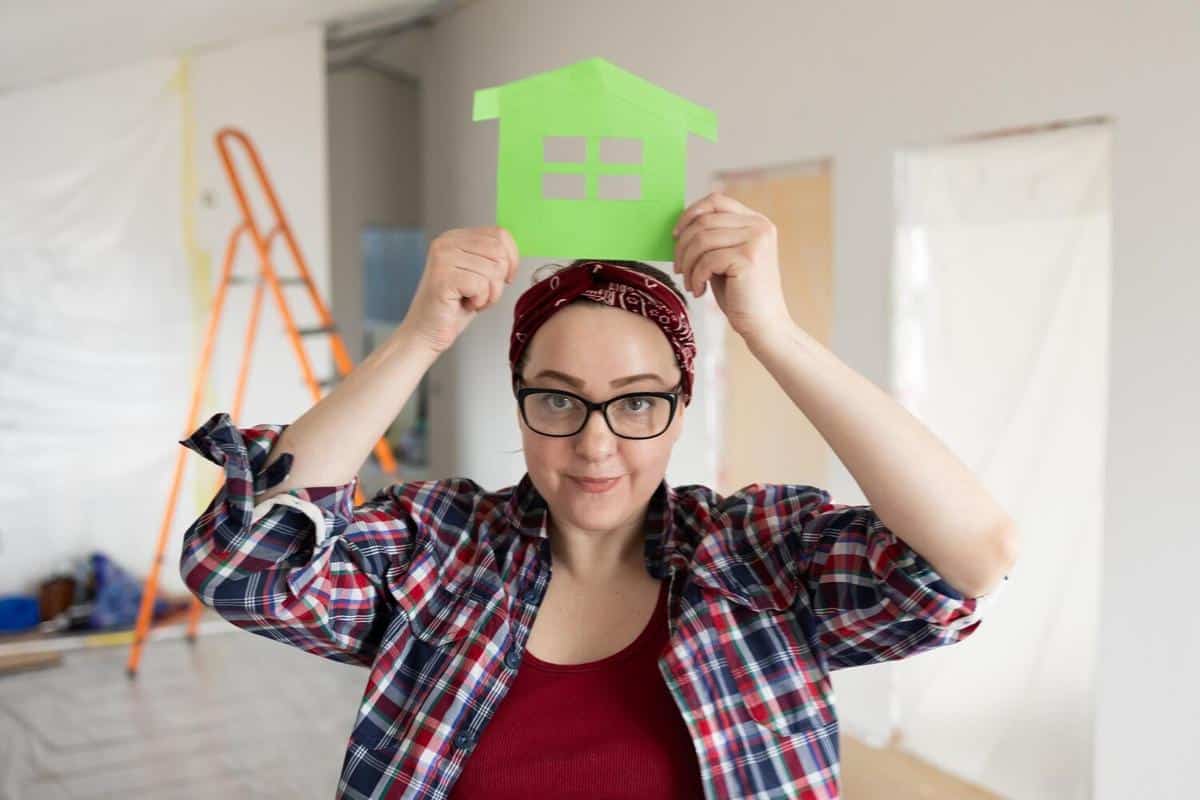
Energy-Efficient Mortgages: Financing Greener Homes
The path to sustainable living is often paved with choices that not only benefit the environment but also our pockets. One such choice is opting for an Energy-Efficient Mortgage (EEM), a financial tool that can support the transition to a greener home while potentially lowering utility costs.
Understanding Energy-Efficient Mortgages
Energy-efficient mortgages are designed to help homeowners finance energy-saving upgrades or purchase homes that are already eco-friendly. These mortgages can help reduce the overall cost of homeownership by lowering utility bills through energy-efficient improvements.
Why Consider an Energy-Efficient Mortgage?
According to the U.S. Department of Energy, homes that undergo energy-efficient upgrades can save homeowners up to 30% on their energy bills. This significant reduction in monthly expenses is one of the compelling reasons to consider an EEM.
Alice Walker, a renowned energy consultant, notes, “Investing in energy efficiency not only increases your home’s comfort but also its market value.”
Key Features of Energy-Efficient Mortgages
| Feature | Description |
|---|---|
| Eligibility | Available to both new and existing homes |
| Energy Audit | A professional assessment to identify areas for improvement |
| Loan Limits | Varies based on specific upgrades and lender guidelines |
| Interest Rates | Comparable to standard mortgage rates |
| Increased Loan Amount | Allows for higher borrowing limits for energy upgrades |
| Federal Programs | Supportive programs like FHA and VA EEMs |
| Repayment Terms | Standard mortgage terms apply |
| Utility Savings | Potential reduction in monthly energy costs |
The Process of Securing an EEM
- Conduct an Energy Audit: Start by hiring a certified energy auditor to assess your home’s efficiency. This step identifies the most impactful upgrades.
- Choose Your Upgrades: Based on the audit, decide on the improvements you want to finance.
- Work with a Lender: Contact a lender who offers EEMs and discuss your options and eligibility.
- Complete the Loan Process: Once approved, use the funds to implement the energy upgrades.
FAQs
Frequently Asked Questions
What types of homes are eligible for an EEM?
Both new and existing homes can qualify for energy-efficient mortgages, provided they meet the criteria set by the lender and include an energy audit.
How does an energy audit benefit me?
An energy audit provides a detailed overview of your home’s energy use, highlighting areas for improvement and helping you make informed decisions on upgrades.
Are there any government incentives for EEMs?
Yes, federal programs like FHA and VA offer energy-efficient mortgage options with potential benefits for eligible homeowners.
Conclusion
Energy-efficient mortgages present a valuable opportunity for homeowners looking to reduce their carbon footprint while enjoying financial savings. By making informed decisions and utilizing available resources, you can transform your home into a model of sustainability. For more information on sustainable living and financing options, consider exploring resources like the U.S. Department of Energy’s website or consulting with a trusted financial advisor.


